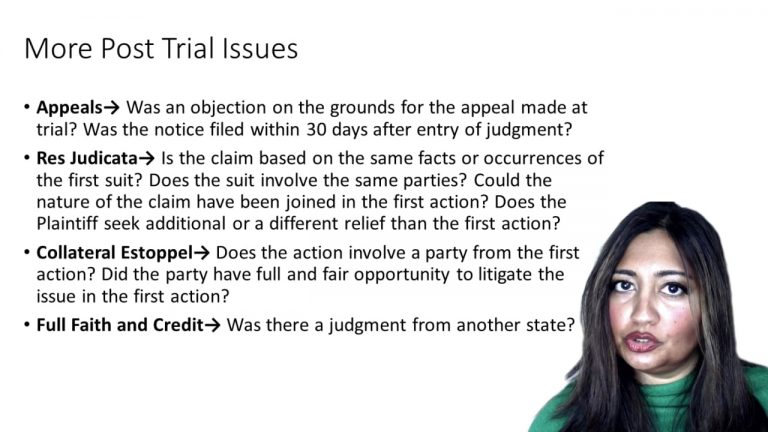SmartBrief
Confirm favorite deletion?
Civil Procedure Keyed to Subrin
City of Riverside v. Rivera
Citation:
477 U.S. 561 (1986)Facts
In 1975, Plaintiffs were attending a party that was broken up by the Riverside police who used tear gas and physical force without a warrant. Subsequently, Plaintiffs filed suit in a federal district court against Defendants, alleging violations of their First, Fourth, and Fourteenth Amendment rights. The jury found in the individuals’ favor and awarded $33,350 in compensatory and punitive damages. The individuals also sought attorney’s fees under the Civil Rights Attorney’s Fees Awards Act of 1976 in the amount of $245,456.25, based on 1,946.75 hours expended by their two attorneys at $125 per hour and 84.5 hours expended by law clerks at $25 per hour. Finding both the hours and rates reasonable, the District Court awarded the requested amount, and the Court of Appeals affirmed. The appellate court found that the fee award was not excessive merely because it exceeded the amount of damages awarded by the jury. Defendants appealed the attorney’s fees award, but the Court of Appeals for the Ninth Circuit affirmed. The U.S. Supreme Court vacated the award and remanded the case to be reconsidered in light of Hensley v. Eckerhart, 461 U.S. 424 (1983). The district court and the appellate court affirmed the award again.
Only StudyBuddy Pro offers the complete Case Brief Anatomy*
Access the most important case brief elements for optimal case understanding.
*Case Brief Anatomy includes: Brief Prologue, Complete Case Brief, Brief Epilogue
- The Brief Prologue provides necessary case brief introductory information and includes:
Topic:
Identifies the topic of law and where this case fits within your course outline.Parties:
Identifies the cast of characters involved in the case.Procedural Posture & History:
Shares the case history with how lower courts have ruled on the matter.Case Key Terms, Acts, Doctrines, etc.:
A case specific Legal Term Dictionary.Case Doctrines, Acts, Statutes, Amendments and Treatises:
Identifies and Defines Legal Authority used in this case.
- The Case Brief is the complete case summarized and authored in the traditional Law School I.R.A.C. format. The Pro case brief includes:
Brief Facts:
A Synopsis of the Facts of the case.Rule of Law:
Identifies the Legal Principle the Court used in deciding the case.Facts:
What are the factual circumstances that gave rise to the civil or criminal case? What is the relationship of the Parties that are involved in the case.Issue(s):
Lists the Questions of Law that are raised by the Facts of the case.Holding:
Shares the Court's answer to the legal questions raised in the issue.Concurring / Dissenting Opinions:
Includes valuable concurring or dissenting opinions and their key points.Reasoning and Analysis:
Identifies the chain of argument(s) which led the judges to rule as they did.
- The Brief Prologue closes the case brief with important forward-looking discussion and includes:
Policy:
Identifies the Policy if any that has been established by the case.Court Direction:
Shares where the Court went from here for this case.
Topic Resources
Topic Outline

 3m 56s
3m 56s